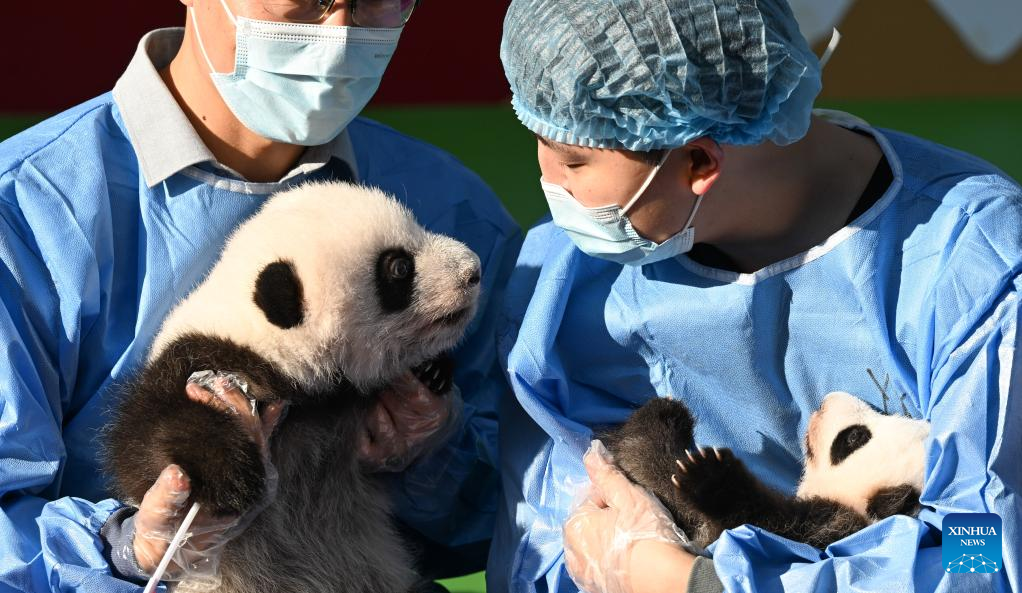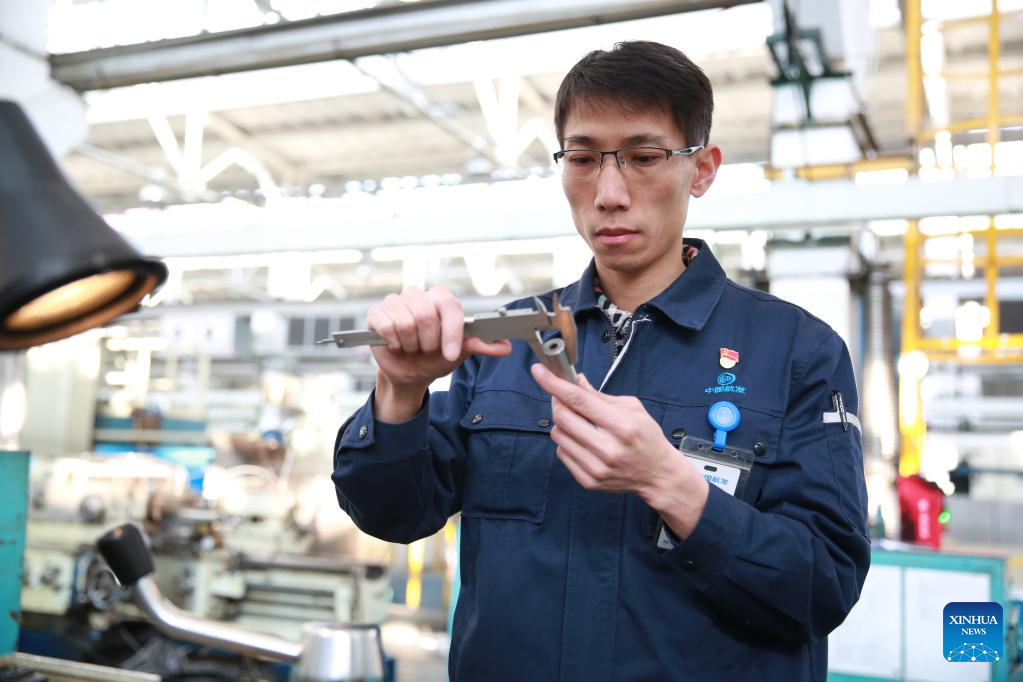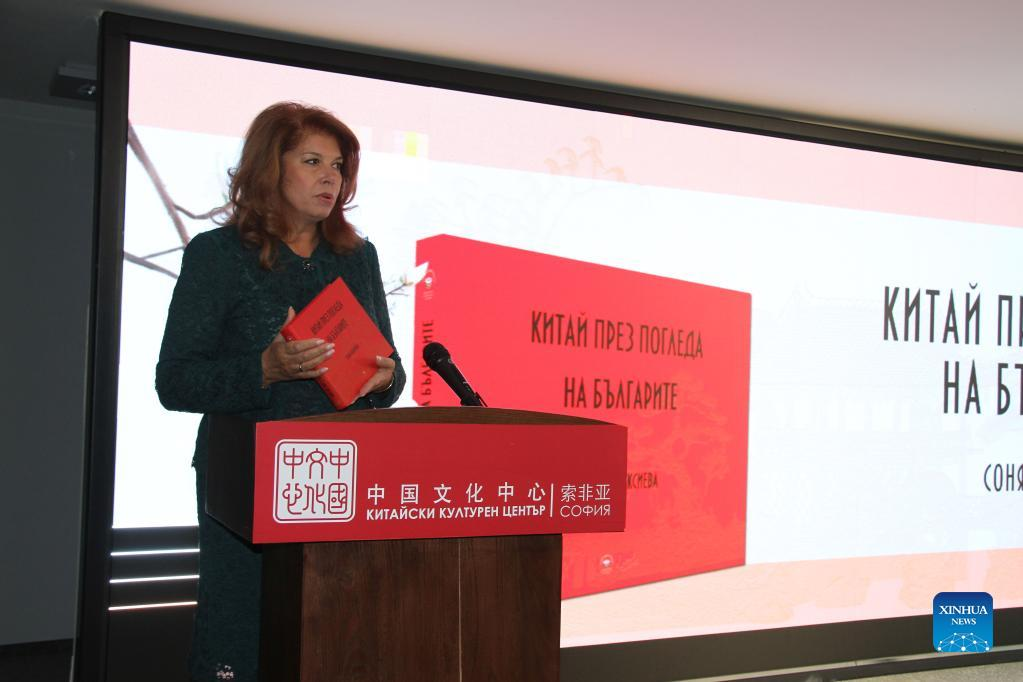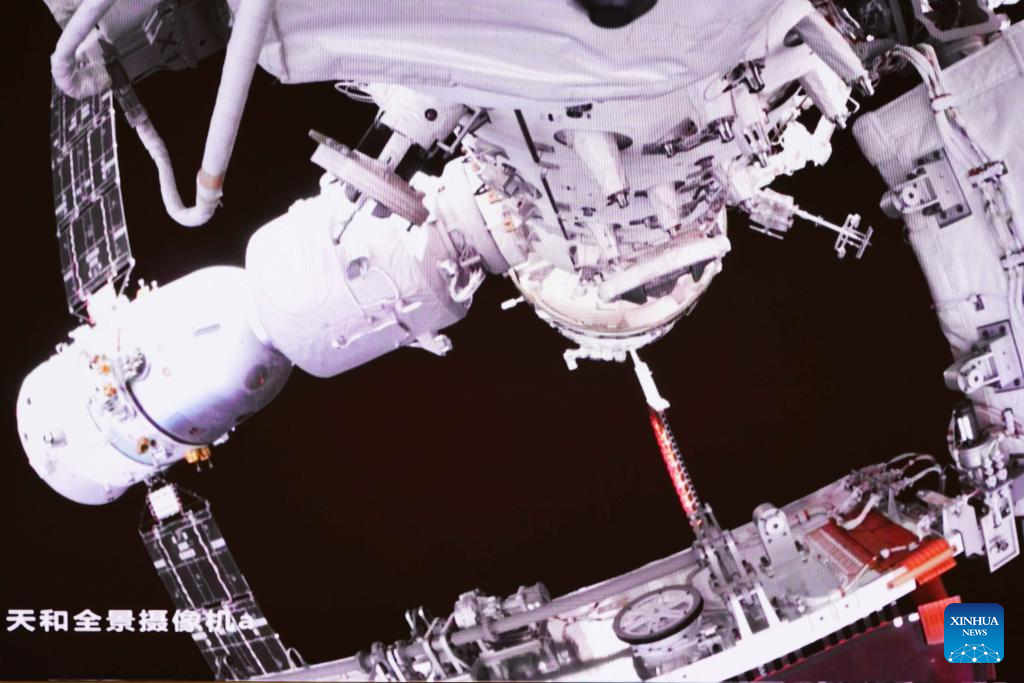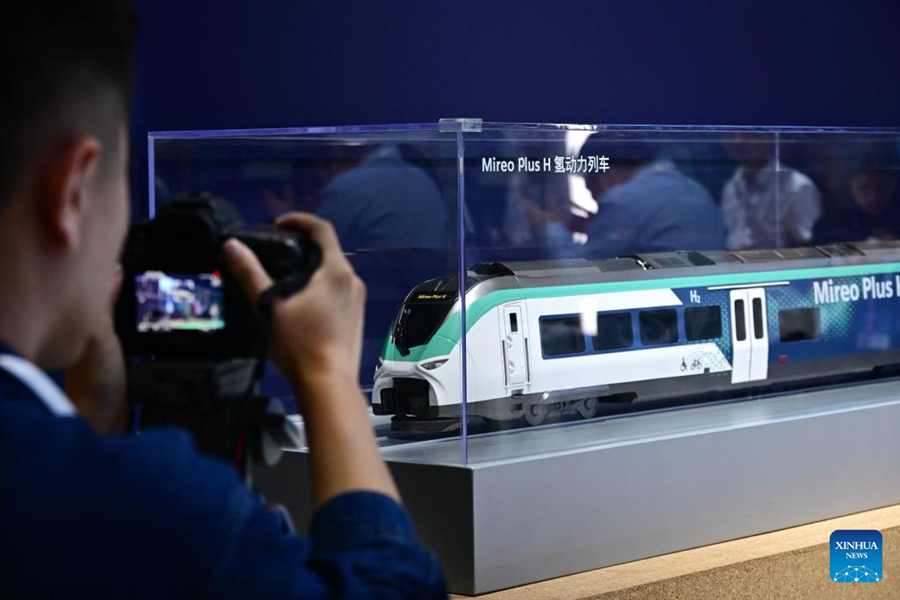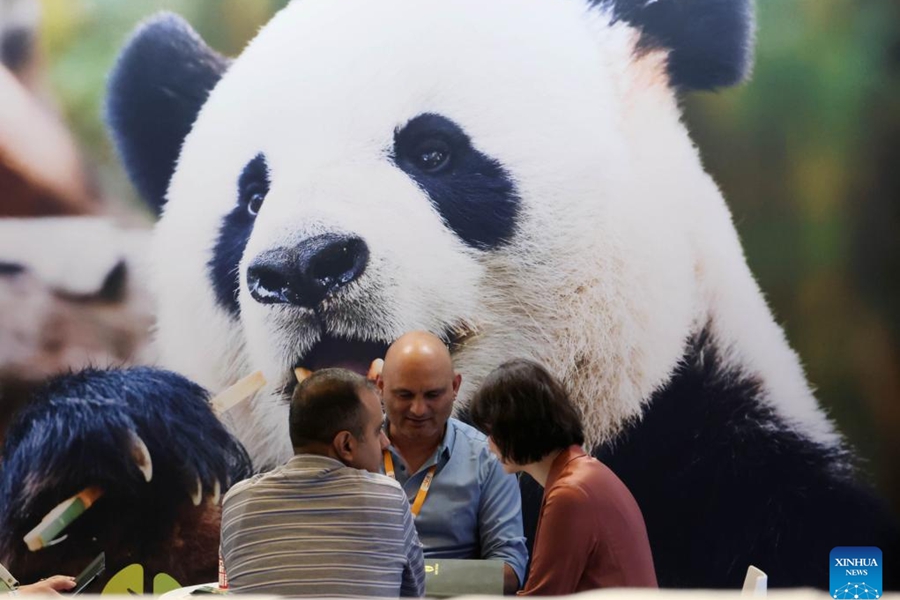As outlined in the Government Work Report submitted to the annual session of the National People's Congress, China will further its efforts to attract and utilize more foreign investment this year with several measures, including expanding market access, further opening up the modern services sector, improving services for foreign-funded companies and facilitating the launch of landmark foreign-funded projects.
Jiangsu Province has made progress in turning the vision in the work report into reality.
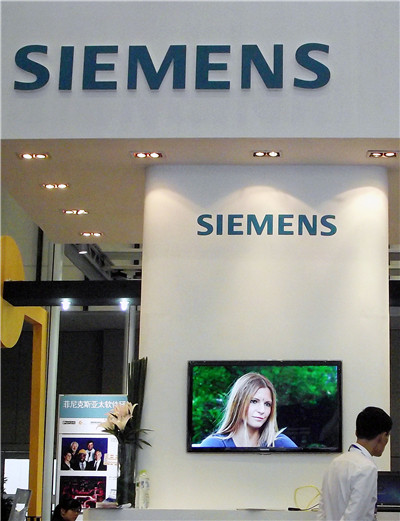
(CFP Photo)
Recently, both German automotive supplier Bosch and Coca-Cola have inked new deals for investment in the province's Suzhou City. Phoenix Contact will build a pilot factory of intelligent manufacturing in Nanjing, a project that will increase the output value by more than 5 billion yuan. Senior executives from Panasonic, LG, among others, have visited Wuxi City to seek new development opportunities.
One notable change in the FDI growth is that some foreign-invested companies have decided to upgrade the production base into a complex combining research and production.
"Jiangsu is now home to a total of 366 regional headquarters and functional institutions of multinational companies," said Chen Tao, director of the province's Department of Commerce.
According to the Foreign Investment Office of the Suzhou Municipal Bureau of Commerce, the city now attracts multinational companies more for its advantages in the solid industrial foundation for medium and high-end manufacturing and market reach, rather than the lower cost as in the past.
Bosch has continued to increase its investment in Jiangsu for 28 consecutive years. In January this year, the group announced an investment of more than one billion dollars for a new research, development, and assembly center for electromobility and automated driving in Suzhou.
Johnson & Johnson has been developing in Jiangsu for 17 years, and its complex in the Suzhou Industrial Park involved a total investment of nearly 2.5 billion yuan, which is now deeply integrated into the province's modern industrial system.
On January 9, INEOS, one of the world's largest chemical producers, signed an agreement with Changzhou National Hi-tech District to build a high performance composites manufacture and R&D Center project, which is scheduled to start in the second quarter of this year, with sales expected to exceed 600 million yuan.
In addition, Jintan District in Changzhou welcomed the settlement of Caplugs Protective Industrial Components (Jiangsu) Co Ltd, a regional headquarters of the worldwide leader in plastic molding, also the fourth such regional headquarters in the Sino-German (Changzhou) Innovation Industrial Park.
Atlas Copco also signed an agreement recently with the Wuxi National Hi-tech District to build its research, development and manufacturing complex with an investment of 3 billion yuan. The project, starting construction this year, is expected to drive the coordinated development of the upstream and downstream companies in the industrial chain.
In fact, Jiangsu becomes a favored foreign investment destination for multiple reasons, such as communication efficiency, adherence to the international business rules and deep understanding of the corporate development concepts.
Hua Yanhong, deputy director of the Wuxi National Hi-tech District Management Committee, said the district has streamlined its administrative mechanism, with the approval for foreign engineering projects being reached within about 15 working days, only 21.4% of the statutory time limit.
Several multinational companies have experienced personnel changes in the past three years. Their new executives were unable to make site visits and often had limited understanding of the province's investment environment and policies. In response, cities in Jiangsu have enhanced efforts for better contact and communication with overseas investors.
At the end of February, a team led by Xuzhou's vice mayor Wu Weidong visited South Korea to facilitate investment. The delegation visited well-known enterprises, exchanged ideas to speed up project development and expanded trade cooperation.
Recently, Nanjing also sent its investment delegations to cities in Asia and Europe, resulting in the signing of letters of intent worth nearly $1 billion.
In the view of Chen Jianke, guest researcher with the Jiangsu Pilot Free Trade Zone Research Institute, the province needs to increase the opening-up of modern service industries, strengthen the protection of intellectual property rights, and enhance the level of investment facilitation. "Jiangsu also needs to make good use of the institutional advantages as a pilot FTZ and boost efforts to improve business environment," Chen added.


